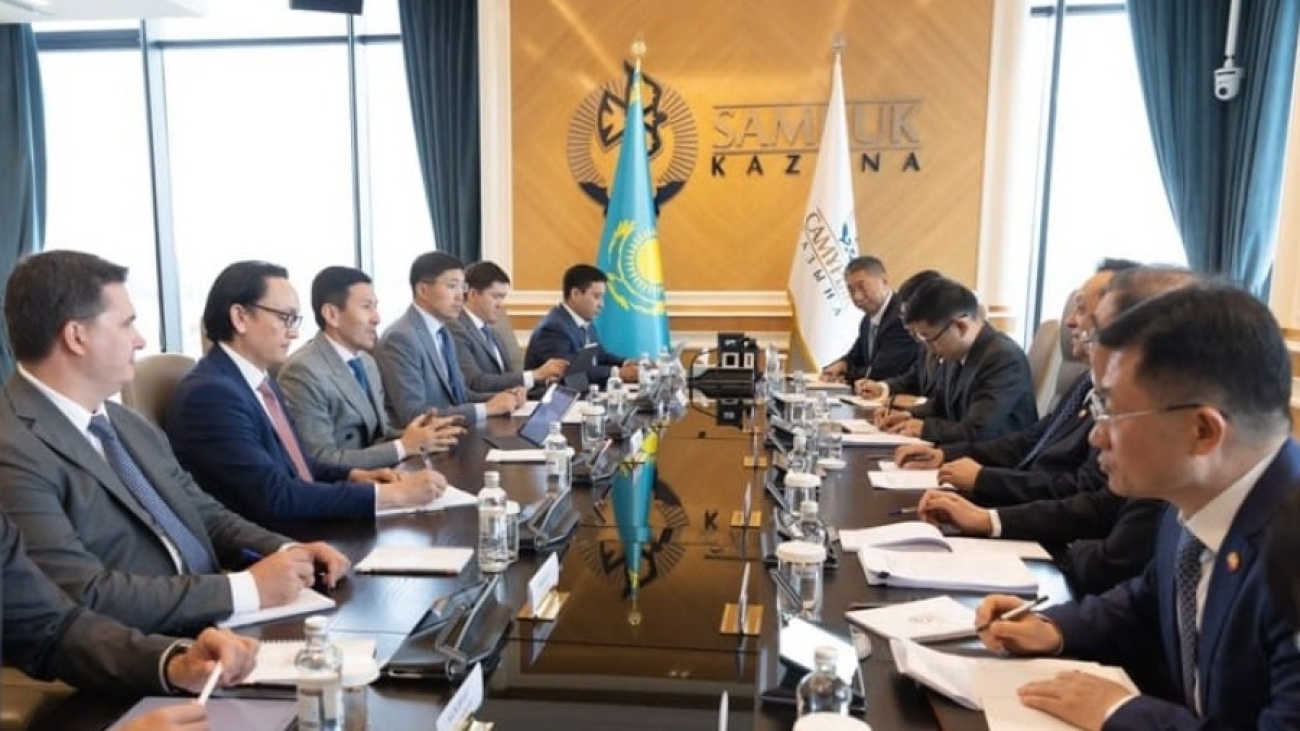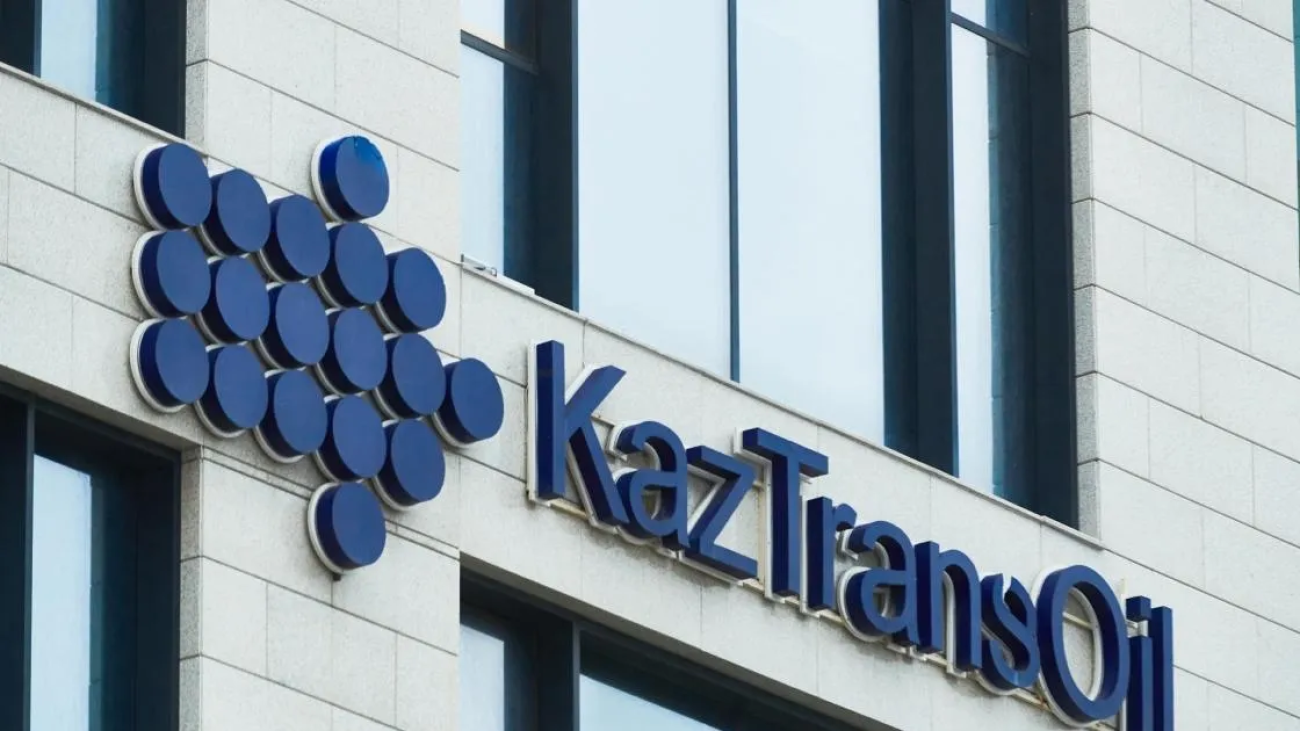Kazakhstan has struck a number of deals this month to expand co-operation with China in the oil and gas industry, as Astana seeks closer ties with Beijing while reducing its reliance on Moscow. Kazakh national welfare fund Samruk-Kazyna and China’s state-owned oil company CNPC reached agreements in Astana on June 6 on jointly developing Kazakhstan’s oil and gas industry, the former reported.
According to the fund, Kazakh national oil firm KazMunayGas (KMG) and CNPC will work together on expanding the capacity of the Kenkiyak-Atyrau and Kenkiyak-Kumkol pipelines by 6mn tonnes per year (120,000 barrels per day) and 5mn tpy respectively. The pipelines are used to funnel Kazakh oil to China, and the Kazakh government wants to expand these shipments to cut reliance on its main crude export route, the Caspian Pipeline Consortium (CPC) system that runs through Russia as a means of exporting its crude. Flow via CPC has been repeatedly disrupted since Russia invaded Ukraine in February last year.
Kenkiyak-Atyrau transported 4.5mn tonnes of oil last year, while Kenkiyak-Kumkol shipped 8.1mn tonnes. Kenkiyak-Kumkol is currently capable of transporting 10mn tpy of oil, but this capacity could be doubled if three additional oil pumping stations are added. KMG and CNPC have agreed to carry out preliminary studies on the project.
Kazakhstan has also reached out to China to move ahead with its long-running refinery modernisation programme. KMG and CNPC agreed preliminarily to double the throughput capacity of the Shymkent oil refinery in south Kazakhstan to 12mn tpy. Kazakhstan sporadically struggles with domestic fuel shortages, and for years has been pushing to expand its production capacity to meet rising demand. But projects have often faced delays.
In addition, Astana and Beijing discussed involving CNPC in the construction of a second 15bn cubic metre per year string along the Beineu-Bozoi-Shymkent gas pipeline, which is used to deliver Kazakh gas to China. Kazakh gas firm QazaqGaz will form a joint working group with CNPC, develop a feasibility study by the end of the year, and determine initial financing for the project.
QazaqGaz and CNPC are furthermore working on a plan to build a gas processing plant at the Kashagan field with a capacity of 4 bcm per year, as part of a larger project to expand the deposit’s liquid output.
KMG and CNPC discussed these initiatives at the end of April, and the following month an agreement was reached to involve Chinese investors in a number of projects in the Kazakh oil and gas industry, during a visit by Kazakh President Kassym-Jomart Tokayev to China. In total, 47 documents worth $22bn were signed at that time, aimed at bolstering co-operation in the fields of geological exploration and oil refining, as well as looking at ways of increasing Kazakh oil transport capacity to China.
Tokayev, who is fluent in Chinese, has made closer ties with Beijing a cornerstone of his foreign policy since taking office in 2019. That effort has gained momentum as Kazakhstan’s other major neighbouring economic and political partner Russia has faced mounting international isolation in the wake of Moscow’s invasion of Ukraine.


